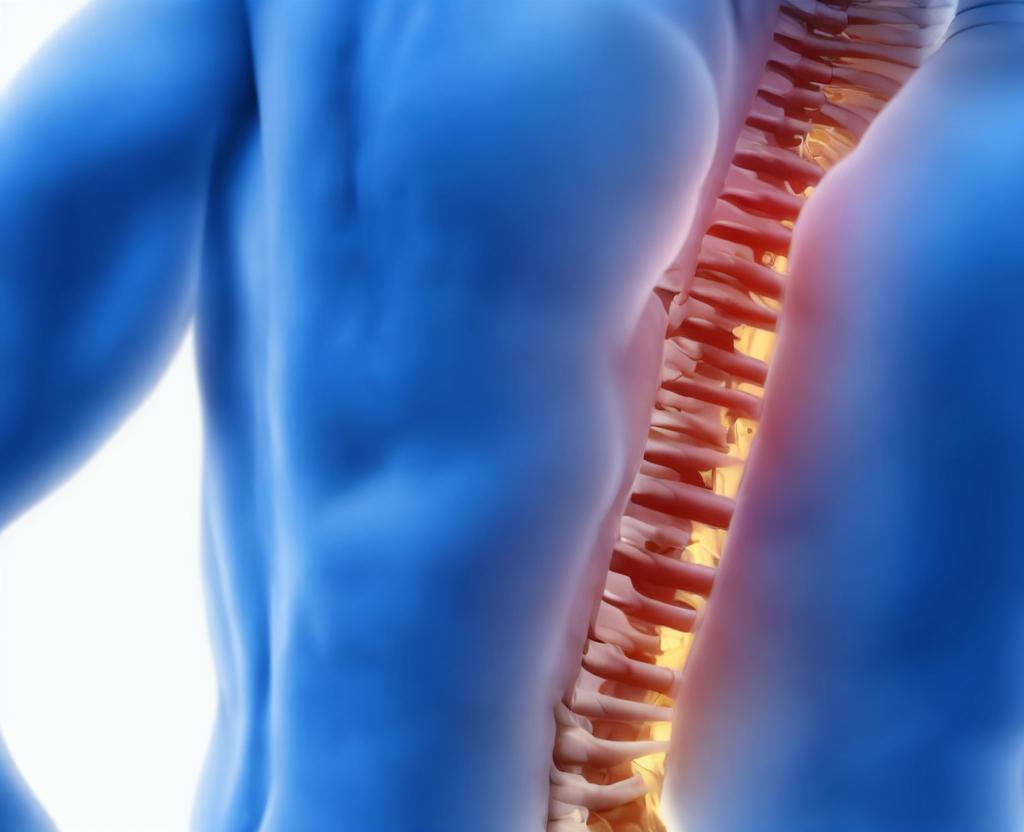
World Menopause Day
Menopause and for menopausal women are encouraged to explore the support services available to improve their health and wellbeing on October 18th, World Menopause Day.
There is no such thing as a woman, there is no such thing as escaping menopause. Every woman will reach a point in their life in which they no longer have their period. After a year since their last period, a woman goes menopause.. Various emotions are triggered by the fact that menopause brings up various emotions for several women. Women are delighted to no longer have their menstrual cycle. However, this can be devastating as well as means their childbearing years are over. This can be particularly difficult for women who reach menopause early. Both menopause and women over the age of 45 to 55 are common among women in the United States. The average age is 51 years old. About 1 in every 100 women experience menopause before the age of 40.
Both menopause and other health conditions can be difficult. The changes in hormones can cause symptoms that can be difficult to handle. These are some of the signs that include:: Some of these signs include::
- Hot flashes and night sweats dominated the hot flashes and night sweats.
- During intercourses, Vaginal dryness and pain were sensational
- Sleep disturbances of any kind of sleep disorders include Insomnia and other sleep disorders
- Depression or anxiety are both normal reactions
- Moodiness and irritability are two of the symptoms that can be irritability
Some women's symptoms are so acute that they interfere with daily activities. Women should exercise, drink enough water, and eat a balanced diet to help reduce their symptoms. To help manage their symptoms, women should continue exercising, drink enough water, and follow a healthy diet. Some women also opt for hormone therapy. They go through postmenopause after a woman has reached menopause. During this time, women are more vulnerable to certain health conditions. These health problems include osteoporosis, heart disease, urinary tract infections, weight gain, and urinary incontinence. These health problems include osteoporosis, heart disease, urinary tract infections, weight gain, and urinary incontinence.
For women, menopause can be a difficult time. For this reason, it's vital that patients reach out to their physician for assistance. In addition, finding a support system is also extremely helpful.
How to celebrate #worldmenopauseday..
Conferences, seminars, webinars, special talks, and other services are often held by women's health organizations and women's organizations. Women are also encouraged to share their personal experiences and experiences that have helped them through menopause.. To participate: To participate: To participate: To participate: You must register: To participate: To participate: To participate:
- Try the older women in your household to see how menopause was like for them
- Emma Thompson, Gwyneth Paltrow, and Whoopi Goldberg are among the celebrities who have spoken out against menopause
- Mastering Menopause, My Menopause Doctor, Menopause: Unmuted, or Mastering Menopause are all examples of a podcast
- Learn more about the signs of menopause and how to properly handle them.
#WorldMenopauseDay on social media Share this day on social media with #WorldMenopauseDay. #WorldMenopauseDay is a hashtag that has been shared on social media. #WorldMenopauseDay is on social media. #WorldMenopauseDay is on social media.
The history of world menopause day has spanned history
Every year since 2009, the International Menopause Society (IMS) has celebrated a World Menopause Day (IMS). The day has always been observed on October 18th. Every year, the IMS selects a specific theme on which they concentrate.. New themes have been included: The following are examples from the latest themes:
2021: Bone Health
Premature Ovarian Insufficiency (POI) in 2020: Premature Ovarian Insufficiency (POI)
2019: Testosterone for Women at Midlife, 2019: Testosterone for Women at Midlife.
After Menopause, 2018: Sexual Wellbeing after Menopause.
, Perimenopausal Bleeding, 2017: Perimenopausal Bleeding. Perimenopausal Bleeding.






